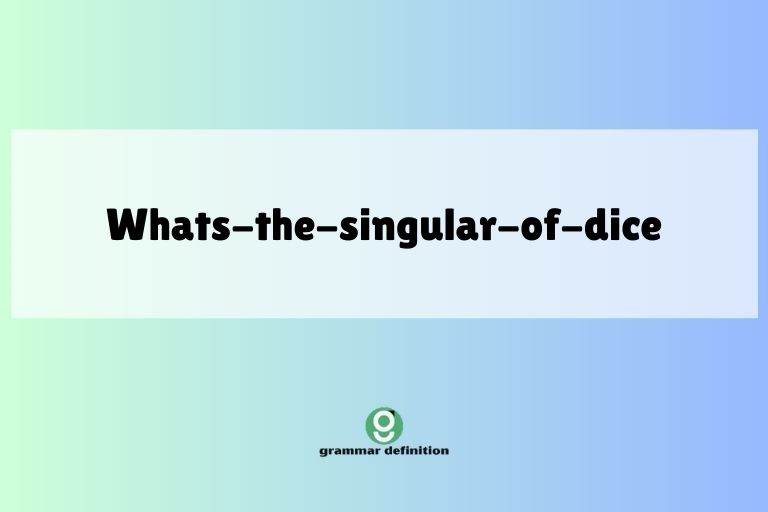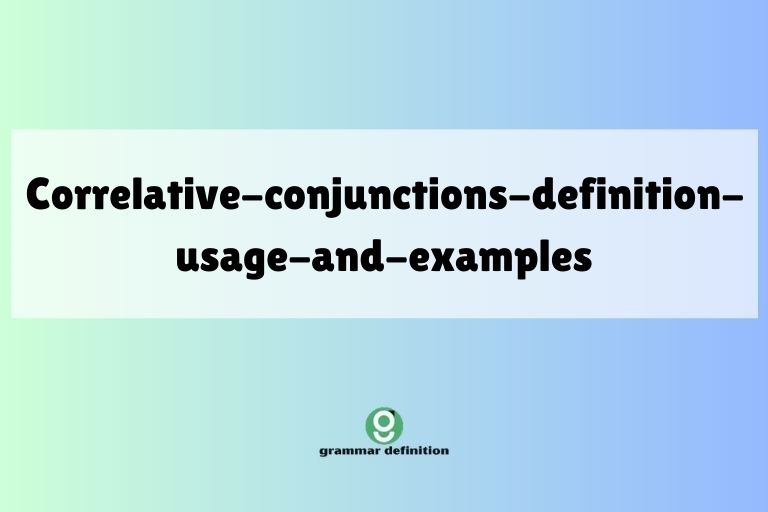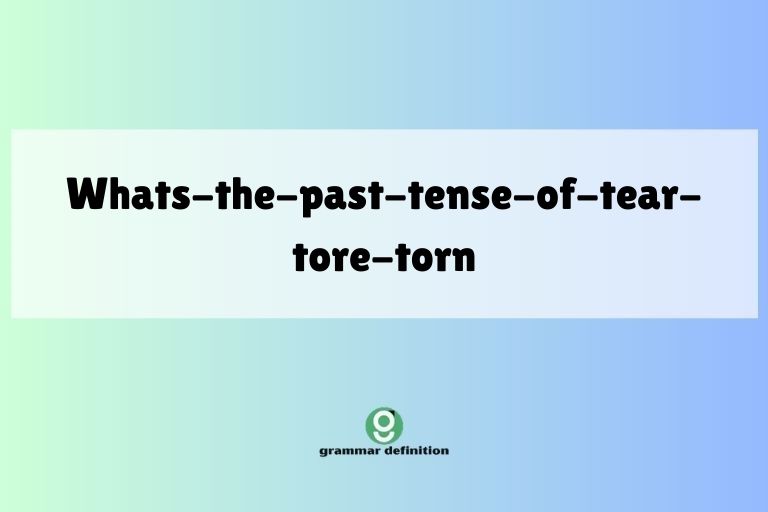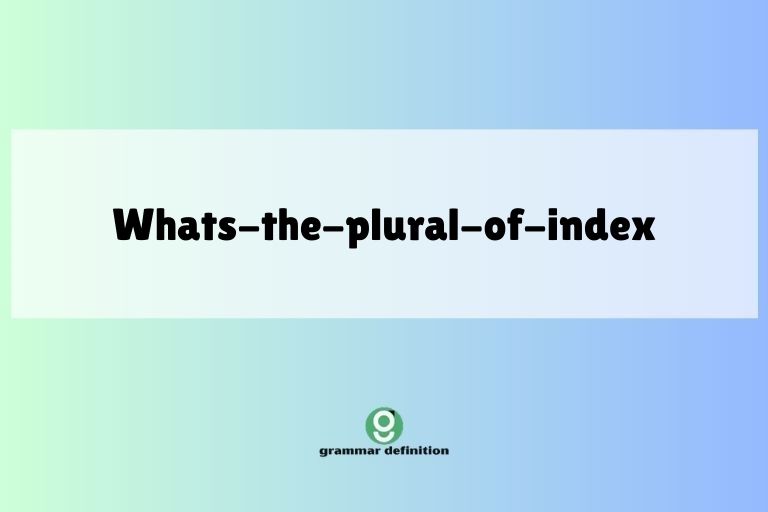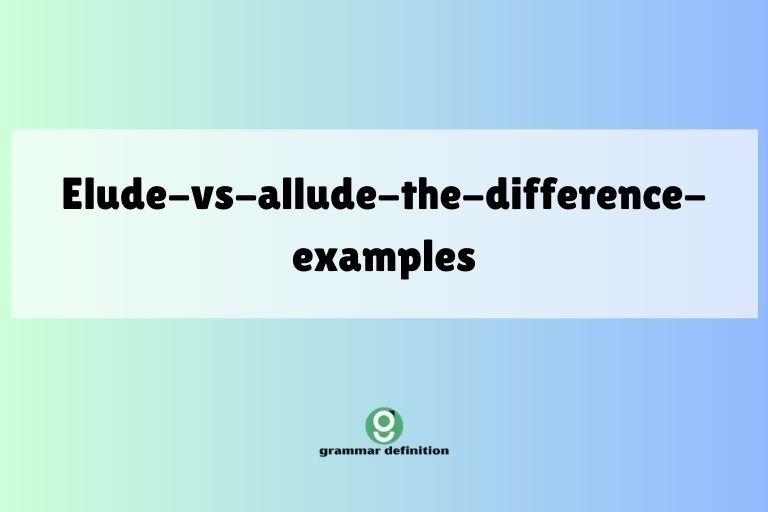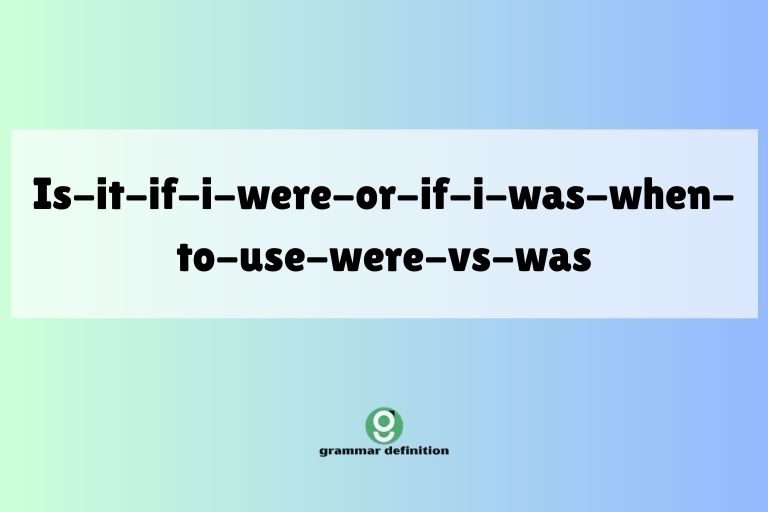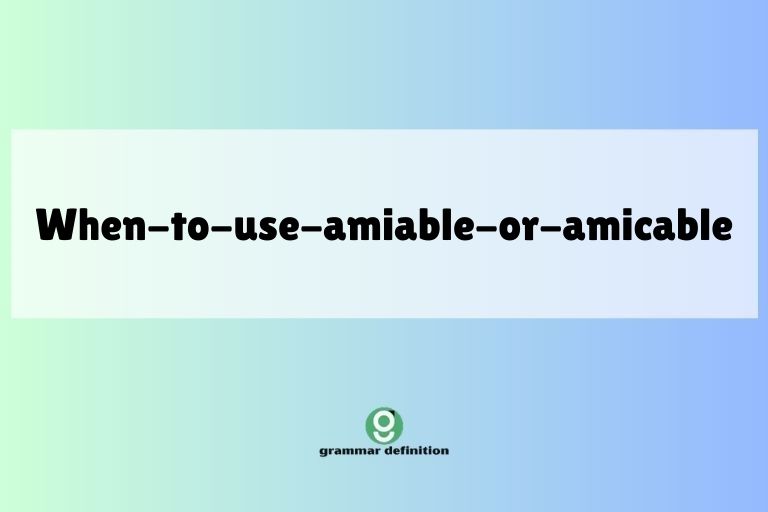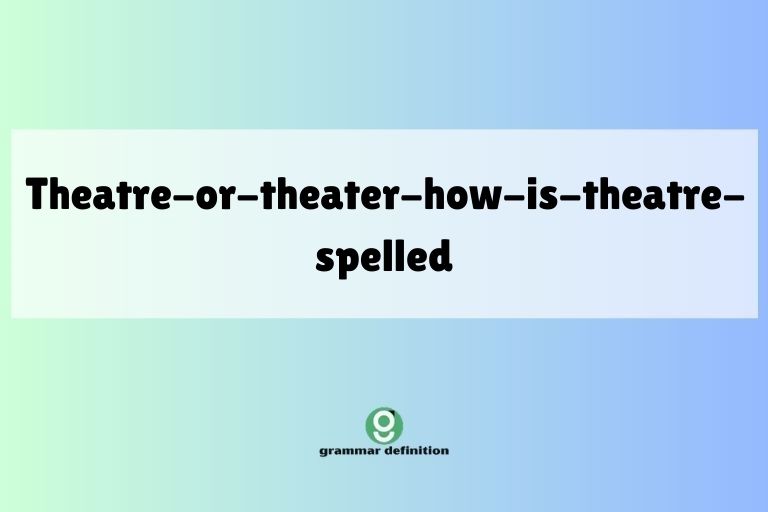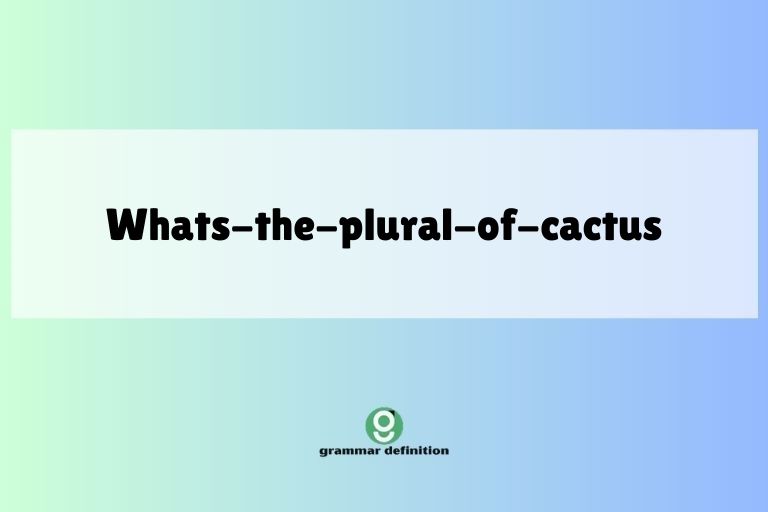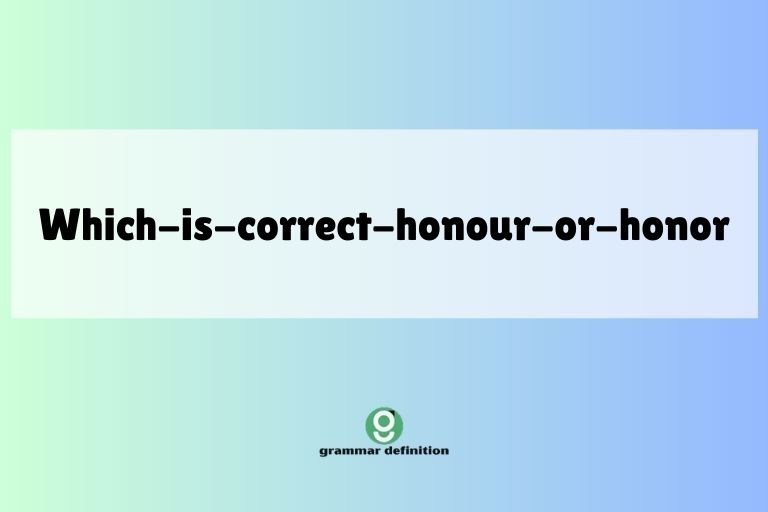Dice Singular: Mastering “Die” in English Grammar
Understanding the singular form of “dice” is a fundamental aspect of English grammar, particularly when dealing with nouns that have irregular plural forms. While “dice” is commonly used, knowing that its singular form is “die” is crucial for accurate and precise communication. This article provides a comprehensive guide to understanding and using “die” correctly, covering … Read more

